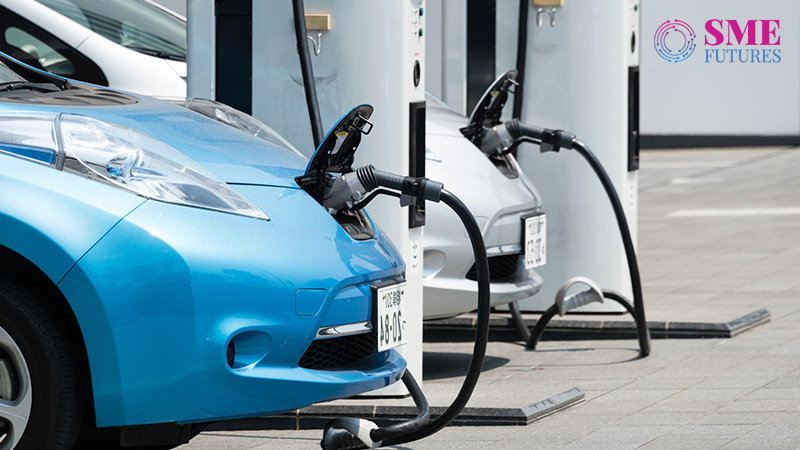Led by China, one in two cars will have an electric powertrain by 2030, a new report by Counterpoint Research revealed.
The electric powertrain includes main components that generate and deliver power to the road surface for fully electric, hybrid electric and plug-in hybrid electric vehicle applications.
The main components of its powertrain are the engine, transmission and driveshaft.
According to Counterpoint Research, the increase in environmental awareness among buyers, favourable carbon emission norms, support from governments and the collaborative efforts of ecosystem players are all helping electric vehicle (EV) adoption across the world.
However, EV penetration was still below 10 per cent of global passenger vehicle sales in 2021.
“China is leading the global EV market, followed by Europe and the US. The rest of the world will be the fastest-growing region in terms of EV adoption, driven by India, Vietnam, Singapore, Thailand and Canada,” said senior research Analyst Soumen Mandal said, “
The EV sales in China are projected to cross six million units by the end of this year.
Europe is aiming to reduce emission levels by 15 per cent in 2025 and by 37.5 per cent in 2030 from the 2021 levels.
EV sales in the US increased by nearly 100 per cent YoY in 2021. The Biden government has set an ambitious target of 50 per cent of sales being EVs by 2030.
India is aiming to have 30 per cent of its passenger vehicle sales as EVs by 2030.
Homegrown players such as Tata Motors and Mahindra Electric and a few foreign players like MG Motor and Hyundai are competing for the Indian passenger EV market, said the report.
“The EV market is getting more competitive as new companies, including smartphone ecosystem players, are entering the field. Companies such as Foxconn and Xiaomi have already announced their entry into the smart electric car field to diversify business opportunities. Sony has partnered with Honda to produce affordable EVs,” said associate director Brady Wang.
Research VP Peter Richardson said that increased EV adoption will not, by itself, contribute to the goal of reducing overall vehicular pollution.
Also Read: Cost of EVs to be at par with petrol-run vehicles in 2 years: Nitin Gadkari
“Unless we also adopt clean energy sources, the vision of attaining net-zero carbon emission will remain out of reach,” he said.











